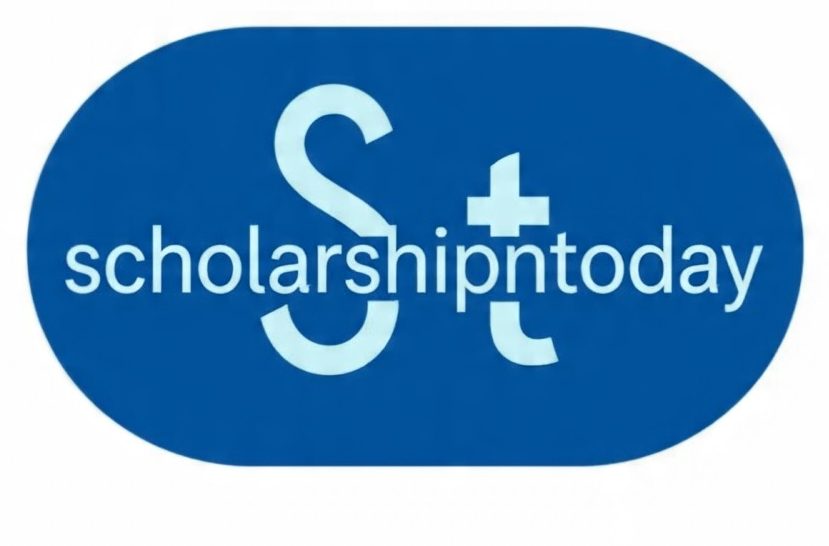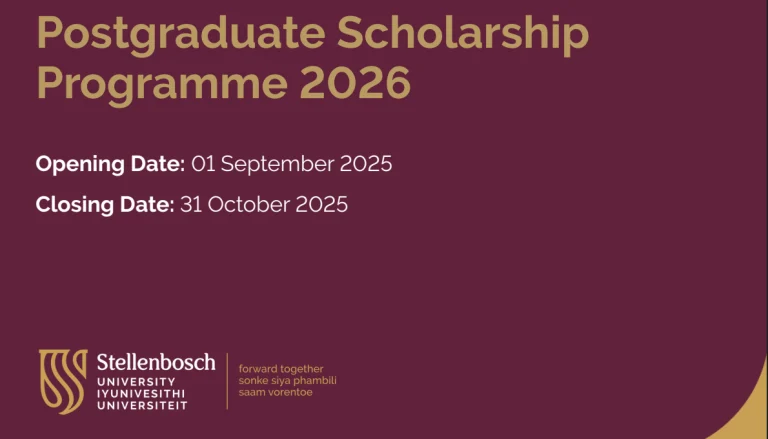The #1 Thing Scholarship Committees Look for (It’s Not What You Think)
The #1 thing scholarship committees look for
When most students think of scholarships, their first assumption is that the process is all about grades, GPAs, or how “perfect” their academic transcripts appear. While these factors matter, they are not necessarily the deciding factor. Every year, committees worldwide sift through tens of thousands of applications from students who are academically brilliant. Yet, not all of them secure scholarships. This is because grades alone don’t tell the full story about an applicant’s potential. The truth is, the #1 thing scholarship committees look for is not your GPA, your long list of achievements, or even your financial need — it is your story and authenticity.
Committees want to know who you are, not just what you’ve done. They want to invest in individuals who demonstrate resilience, leadership, and a sense of purpose. Why? Because scholarships are not free money — they are strategic investments. Universities, governments, and private organizations fund students who will thrive academically and go on to contribute meaningfully to society. In other words, the scholarship process is about much more than checking boxes; it’s about identifying the next generation of leaders, change-makers, and innovators.
This means that your essay, personal statement, and interview are the spaces where you prove yourself. By sharing your authentic journey, your challenges, and the vision you hold for your future, you allow committees to see beyond grades and into your character. In fact, studies from ScholarshipPortal (outbound link) show that students with average GPAs often outperform high achievers in scholarship success when they tell compelling, authentic stories. For more practical scholarship strategies, visit Travel.ScholarshipnToday.com (inbound link).
1. Why Scholarship Committees Value Authenticity Over Perfection
When it comes to the #1 thing scholarship committees look for, authenticity consistently tops the list. It may surprise many applicants who assume that perfect credentials will guarantee success. However, committees review thousands of applications, many of which boast stellar GPAs, standardized test scores, and extracurricular involvement. If every student looks “perfect” on paper, how do committees decide? The answer lies in authenticity — the ability of an applicant to present their genuine self and unique journey.
Authenticity is powerful because it communicates sincerity and passion. Committees don’t want rehearsed answers or generic essays that sound like they were copied from the internet. Instead, they want to hear about real struggles, real achievements, and real goals. For instance, a student who shares how they balanced studies while supporting a family business demonstrates resilience. Another who writes about failing a project but learning leadership in the process showcases growth. These stories reveal the true character of an applicant, which is often a stronger predictor of future success than grades.
Furthermore, authenticity builds trust. Scholarships are investments, and organizations want assurance that their funds will be used wisely. When you present yourself honestly, you give committees confidence in your reliability and maturity. In contrast, an exaggerated application filled with unrealistic claims is easily spotted and often rejected. That’s why experts recommend focusing less on “sounding perfect” and more on being real.
To sharpen this skill, students can explore Purdue OWL Writing Lab (outbound link) for essay-writing strategies or check our authentic storytelling guide (inbound link). Remember, authenticity is not about being flawless; it’s about being genuine in presenting your unique story.
2. The Role of Leadership and Impact in Selection
Alongside authenticity, leadership and impact are key when discussing the #1 thing scholarship committees look for. Committees are drawn to candidates who demonstrate the ability to lead, influence, and create change within their communities. While leadership does not always mean holding a school prefect badge or being president of a club, it does mean showing initiative and responsibility.
For example, a student who organized a neighborhood clean-up project, mentored younger students, or launched a digital literacy campaign demonstrates leadership through action. Committees love applicants who turn ideas into results because it shows that, when given resources, they can multiply opportunities for others. Impact also matters: it’s not enough to hold a leadership title; committees want to know how your actions made a difference. Did you improve the lives of others? Did you create opportunities in your community? Did you overcome obstacles and inspire others to do the same?
This emphasis on leadership and impact reflects a committee’s long-term vision. They want candidates who will not only succeed academically but also give back to society. A student who has already made a difference on a small scale is likely to make bigger contributions once empowered with resources and global exposure.
If you want to strengthen this area of your application, start documenting your contributions, no matter how small. Volunteer work, mentoring, or even organizing study groups can all count as leadership experiences. For additional resources, explore UN Volunteers (outbound link), which connects young people to global impact opportunities. Meanwhile, our leadership building tips (inbound link) provide practical ways to showcase these qualities effectively in applications.
3. Why Vision and Future Goals Outweigh Test Scores
Another overlooked aspect of the #1 thing scholarship committees look for is a clear sense of vision. Many applicants mistakenly assume committees only care about past achievements, but in reality, they care just as much about your future goals. Why? Because scholarships are about investing in potential — and potential is measured not just by grades but by what you intend to do with your education.
Committees want to know: Where are you heading? What difference will you make with this opportunity? A candidate who articulates a bold but realistic vision stands out. For instance, someone who wants to use a degree in environmental science to develop sustainable energy solutions for rural Africa presents a compelling case. Likewise, an applicant who plans to return home and mentor young girls in STEM shows a sense of purpose beyond personal gain.
This forward-thinking approach reassures committees that their investment will produce a multiplier effect. It’s not about handing out funds to someone who only wants a free education; it’s about supporting individuals who will impact communities, industries, and even nations. That’s why vague statements like “I just want a good career” don’t impress committees. Instead, well-defined, specific, and purpose-driven goals resonate deeply.
To build this into your application, start by crafting a vision statement that connects your past experiences, current aspirations, and future goals. For deeper guidance, explore Harvard’s career visioning resources (outbound link) or check our goal-setting roadmap (inbound link). When combined with authenticity and leadership, a clear vision becomes one of the strongest reasons committees choose winners.
4. Building a Compelling Narrative That Stands Out
Ultimately, when discussing the #1 thing scholarship committees look for, everything comes down to how well you craft your narrative. Remember, you are competing against thousands of equally qualified students. The only way to rise above the competition is to tell a story that resonates emotionally and intellectually with the selection panel.
A compelling narrative doesn’t mean exaggerating or inventing experiences. It means connecting your background, challenges, achievements, and goals into a cohesive journey. For example, rather than simply stating you “like science,” you could narrate how growing up in a community without electricity inspired you to pursue renewable energy research. Instead of writing that you “care about education,” you could explain how tutoring younger siblings during difficult times sparked your passion for teaching.
This narrative approach works because humans connect with stories, not lists. Committees will forget GPAs and certificates, but they will remember the story of a determined student who turned adversity into opportunity. In fact, storytelling is the secret tool many successful applicants use to transform ordinary applications into extraordinary ones.
To develop this skill, practice writing personal reflections, collect real-life anecdotes, and learn the art of emotional connection. Helpful resources include Stanford’s storytelling tips (outbound link) and our detailed narrative-building guide (inbound link). When your narrative showcases authenticity, leadership, vision, and impact, your application naturally becomes memorable.
Conclusion: The Secret Behind Scholarship Success in 2026
At the end of the day, the #1 thing scholarship committees look for is not perfection, grades, or endless awards. It is authenticity — expressed through your story, leadership, vision, and ability to impact others. Committees are searching for students who embody potential, resilience, and purpose. While academic records open the door, it is your personal journey that convinces them to let you in.
This realization is liberating for many students. It means you don’t have to be the “perfect” candidate with flawless scores to win. What matters most is presenting yourself honestly, aligning your story with your goals, and showing how you intend to use the scholarship to benefit others. Once you understand this, every application becomes less about competing with others and more about showcasing your unique path.
Scholarship opportunities in 2026 are abundant, from international awards like Chevening Scholarships (outbound link) to specialized programs listed on Travel.ScholarshipnToday.com (inbound link). But only those who avoid generic answers and embrace authenticity will stand out. So, before you submit your next application, pause and ask yourself: does my story reflect the real me, my vision, and the impact I want to make? If the answer is yes, you’re already ahead. That’s the true secret behind winning scholarships in 2026.







